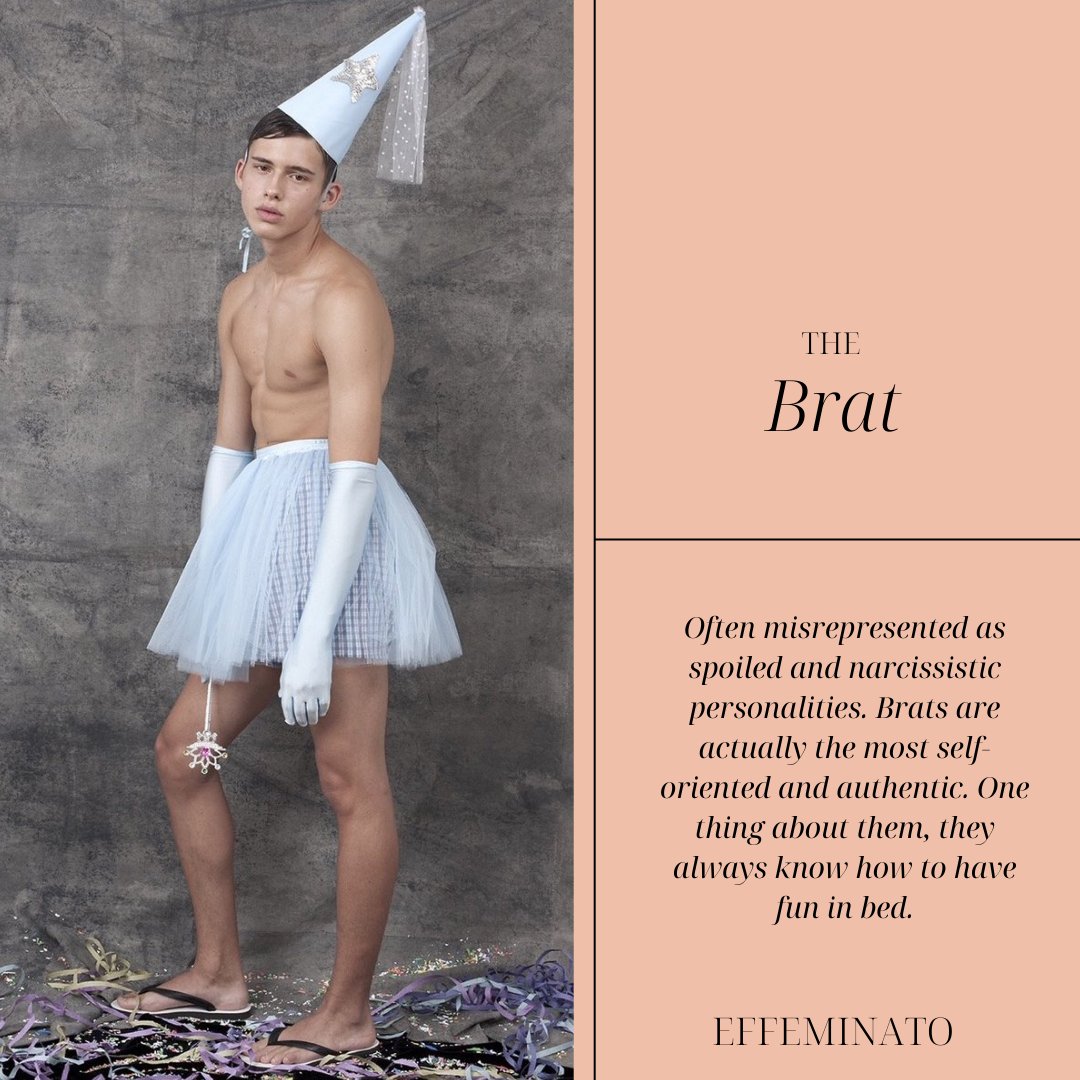"Bimbo" Slang: Meaning, Usage, And Controversy | Explained
Is "bimbo" just a harmless descriptor, or is it a loaded term steeped in sexism and cultural bias? The reality is far more complex, with the word's meaning shifting across time, language, and context, often carrying a sting of judgment that is hard to ignore.
The term "bimbo," as its understood today, typically conjures an image of a woman, young and conventionally attractive, whose value is seen as residing primarily in her physical appearance. Shes often perceived as unintelligent, frivolous, and overly concerned with superficial matters. This perception, however, is just one facet of a word that has a surprisingly multifaceted history. Its origins lie in the United States, dating back to as early as 1919. Surprisingly, in those early days, "bimbo" was used to describe unintelligent or brutish men. The meaning has drastically changed, evolving into a term almost exclusively associated with women, and their physical attributes.
| Attribute | Details |
|---|---|
| Definition (English) | Slang for a conventionally attractive, sexualized, and often naive woman. Implies a lack of intelligence, often linked with physical attractiveness and perceived promiscuity. |
| Definition (German) | A highly derogatory and racist term for a person with dark skin. (Note: The usage and understanding of the term in German is independent of its usage in other languages.) |
| Origin | Early 20th-century United States, originally used for unintelligent or brutish men. The term came into English from Italian ('little child, baby') in the early 1920s. |
| Evolution of Meaning | Shifted to describe physically attractive women, often with negative connotations regarding intelligence and behavior. |
| Male Counterpart | "Himbo" - A slang term for a sexually attractive, sexualized, naive and unintelligent man. |
| Cultural Context | Widely used in Western cultures, carrying different weight depending on the speaker, listener, and situation. Sometimes considered sexist or misogynistic. |
| Controversy | Debate about whether "bimbo" constitutes a slur, particularly given its association with gender and perceived historical oppression. |
| Reclamation | Some women have attempted to reclaim the term as a form of empowerment, but this remains a minority view. |
| Examples | "She's not pretty enough to be a model, not smart enough to be an actress..." A widely circulated quote which attempts to define the term with humor. |
| References |
|
The evolution of the word's meaning is a testament to how language reflects and shapes societal attitudes. The early 21st century saw the stereotypical "bimbo" appearance firmly associated with physical attractiveness, a shift that coincided with a growing emphasis on image and presentation in media and popular culture. The implications are clear: a woman's worth is, at least in part, judged by her looks.
- Is Mark Rutte Gay Exploring The Topic Public Interest
- Alana Cho Onlyfans Leak Social Media Buzz Whats Happening
The male equivalent, "himbo," presents a fascinating counterpoint. While also implying a certain level of unintelligence, "himbo" is often used with a degree of affection. It suggests kindness and respect, particularly towards women, which subtly shifts the power dynamics. The existence of "himbo" doesn't necessarily excuse the pejorative nature of "bimbo," but it does highlight the double standard at play.
The legal arena has also grappled with the complexities of this word. In Germany, for example, a court ruled in 2018 that "bimbo" is a highly derogatory and racist term for a person with dark skin, underscoring how the same word can have wildly different and deeply offensive meanings in different languages and cultures. The court's statement shows a clear difference in its negative usage. The ambiguity surrounding the word is a constant, and it is subject to individual interpretation.
The issue of whether "bimbo" is a slur or merely a description is a contentious one. Some argue that it lacks the same level of historical oppression as racial or ethnic slurs. Others counter that its intent and the ways in which it's used, particularly in a misogynistic context, align it with slurs that are designed to demean and objectify. There are those who feel the word can be reclaimed, but this view remains in the minority.
- Frankie Iglesias The Truth About Gabriel Iglesias Son You Didnt Know
- Dark Humor Jokes Prepare To Cringe Laugh
The ambiguity is compounded by the fact that words can evolve over time, acquiring new meanings and connotations. In the 1920s, "bimbo" could describe any "insignificant or worthless person" regardless of gender. The shift to its modern association with women is a reflection of evolving social dynamics, of the changing roles of women and the expectations placed upon them.
The power of this word lies not only in what it means, but also in who uses it, and in what context. Is it a term used among friends? Is it a tool for shaming and belittling? The answer will largely determine the impact of the word on the person it is applied to.
The use of bimbo has been documented through the years. In the 1920s, there are examples like the "Evening Public Ledger" which uses the word in reference to a person. This is evidence of its early usage in the United States. In other context, the word appears in court cases, as well as in everyday conversations. The word's pervasiveness in cultural and linguistic contexts adds further complication, and its meaning becomes more challenging to define.
Moreover, the word can also have a descriptive usage, especially when connected with visual media and internet trends. A recent case shows how the term gains a modern audience on social media with the emergence of trends. As such, its usage can span through the diverse facets of the internet.
There is the potential for misunderstanding, with the varying meanings of the word, which is why it is best to substitute technical terminology. This helps to get rid of the many different interpretations. This highlights how complex the nature of language can be. This has led to a new discussion about how it is used in our lexicon.
Ultimately, the question of how to classify "bimbo" - as an insult, a description, or something else entirely - remains open. It is a word that reflects the complicated history of gender, beauty, and language, its impact tied closely to social change. The power of the term lies not only in its meaning but in the fact that it continues to be debated, dissected, and reinterpreted.



Detail Author:
- Name : Janie Nienow
- Username : alysson.morissette
- Email : shahn@hotmail.com
- Birthdate : 1980-07-16
- Address : 711 Wilderman Canyon Gaylordfort, NM 02279
- Phone : 585-810-2995
- Company : Gleason, Carter and Feest
- Job : Foundry Mold and Coremaker
- Bio : Alias deserunt sint consequatur mollitia sed provident consectetur iste. Aut in non numquam cumque et possimus impedit. Ut voluptatem nemo et ab dolorum et.
Socials
facebook:
- url : https://facebook.com/jalyn6126
- username : jalyn6126
- bio : Omnis provident voluptatem saepe consequuntur beatae sed harum.
- followers : 876
- following : 2113
tiktok:
- url : https://tiktok.com/@jalyn8579
- username : jalyn8579
- bio : At amet similique doloremque optio quo. Ut aliquam et numquam numquam modi.
- followers : 3963
- following : 349